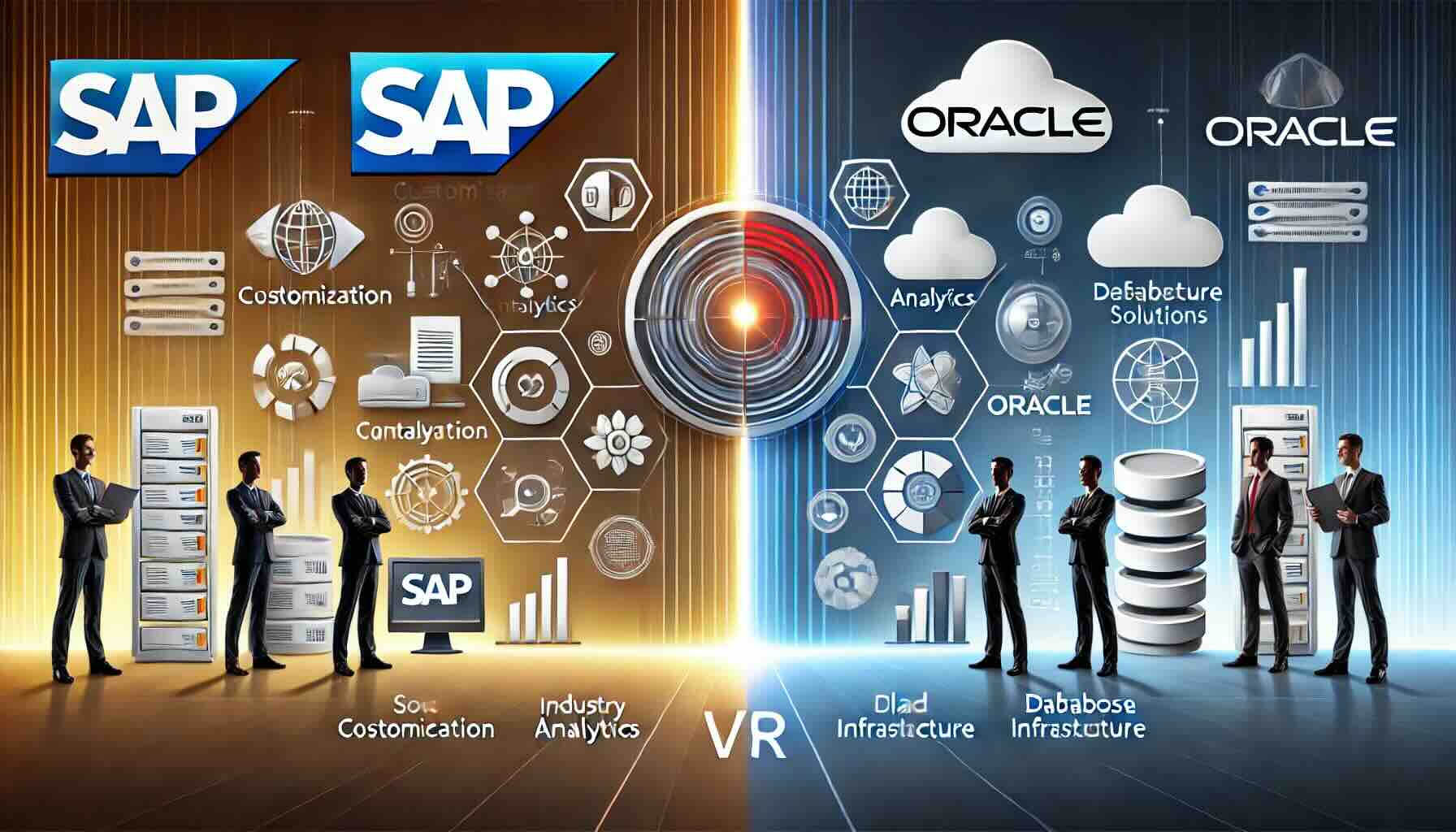Is Sage a Good Choice for Technology and IT Businesses?

In today’s fast-scaling tech sector, the right ERP system can drive efficiency and clarity across your operations. One solution gaining traction is Sage for Technology and IT businesses – a suite of tools that streamline everything from accounting to compliance in cloud-based environments.
Understanding Sage Software in 2025
Sage offers a suite of accounting and ERP tools designed for companies of all sizes. Their products are built to simplify complex business processes with cloud-first capabilities and automation.
Core offerings include:
-
Sage Intacct – Cloud-native financial management software with advanced reporting and automation.
-
Sage 50 Accounting – Robust accounting software for small to medium businesses, with cloud-connected features.
-
Sage X3 – An ERP platform built for growing and multinational businesses, with support for complex workflows and multi-entity management.
Sage’s flexibility, compliance tools, and strong financial backbone make it a serious contender for IT and technology-focused businesses.
Why Tech and IT Companies Need Specialized Software
Technology companies face operational and financial complexities such as:
-
Subscription-based revenue models (SaaS, PaaS)
-
Rapid global expansion with multi-entity, multi-currency challenges
-
Compliance with evolving data privacy and tax regulations
-
Project-based billing and cost tracking
-
The need for real-time, data-driven decisions
These factors require robust financial infrastructure—beyond what entry-level tools can support.
Why Sage Works for Tech and IT Businesses
1. Advanced Financial Management for SaaS and Tech Models
Sage Intacct supports complex revenue recognition and automated billing cycles. It offers real-time dashboards to track key SaaS metrics such as:
-
Monthly Recurring Revenue (MRR)
-
Customer Lifetime Value (CLV)
-
Churn rate
-
Deferred revenue
With intelligent general ledger features and AI-driven anomaly detection (recent additions in 2024–2025), finance teams can move faster with greater accuracy.
2. Scalability for Rapid Growth
As IT businesses expand, Sage grows with them:
-
Sage X3 enables global operations with support for multiple entities, currencies, and languages.
-
Companies can start small and adopt advanced modules as complexity increases—ideal for fast-scaling startups.
3. Compliance and Security Built-In
Sage helps companies meet regulatory and industry requirements, including:
-
GDPR, SOC 2, and local tax compliance
-
Role-based access control and audit trails
-
Secure cloud hosting with high availability and redundancy
This is especially important for IT service providers handling sensitive client data.
4. Seamless Integration with Popular Tech Tools
Sage solutions integrate easily with:
-
Salesforce, Jira, Slack, and HubSpot
-
Payment processors, CRMs, and project management platforms via API or Sage Marketplace
This allows tech companies to preserve existing workflows while centralizing financial operations.
5. AI-Powered Insights and Custom Reporting
Sage Intacct now features AI-enhanced analytics, including:
-
Predictive cash flow forecasting
-
Automated variance analysis
-
Custom dashboards for C-suite visibility
This empowers leadership to make faster, smarter decisions backed by real-time data.
Real-World Applications
Case Study: SaaS Provider
A mid-sized SaaS business used Sage Intacct to manage subscription billing and automate revenue recognition. They reduced manual accounting by 40%, improved forecasting, and gained live visibility into key financial KPIs.
Case Study: Global IT Consultancy
An IT consultancy with operations in North America, Europe, and Asia implemented Sage X3. The software unified financials across regions, supported multi-currency project billing, and eliminated delays in cross-border reporting.
Challenges to Consider
While Sage offers powerful functionality, businesses should weigh a few considerations:
-
Learning Curve – Sage’s depth can be overwhelming at first. Training and proper onboarding are critical.
-
Investment – Upfront costs are higher than entry-level tools, but the long-term ROI is strong.
-
Customization – Some use cases may require third-party support to fully tailor the system.
Is Sage Right for Your Tech or IT Business?
Sage is an excellent choice if your company needs:
-
Scalable, cloud-based financial tools
-
Automation for billing, recognition, and compliance
-
Deep integration with your existing tech stack
-
Robust reporting and analytics for data-driven leadership
For early-stage startups, simpler tools might suffice initially—but Sage becomes increasingly valuable as operations scale and complexity grows.
Conclusion
Sage has evolved into a high-performance, cloud-native solution for businesses ready to level up their financial operations. Its combination of automation, compliance, flexibility, and integration capabilities makes it particularly suited for today’s IT and technology landscape. To find out more about Sage you can visit this link.
Want to explore your options?
Use our free AI-powered ERP comparison tool to evaluate Sage against 100+ other platforms and find your best-fit solution in minutes.









